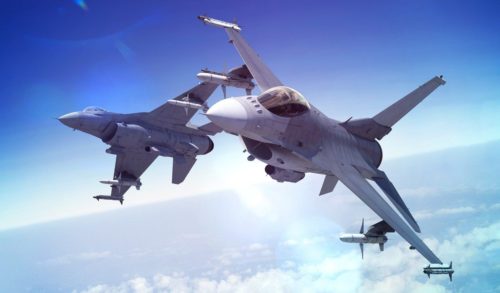The Biden administration is currently engaged in groundbreaking discussions with Vietnam that could potentially lead to the largest arms transfer in history between these former Cold War adversaries. This historic agreement, if successfully concluded within the next year, has the potential to mark a significant milestone in the ever-evolving partnership between Washington and Hanoi. At the heart of these negotiations is the proposed sale of a fleet of advanced American F-16 fighter jets to Vietnam, a move that comes amid escalating tensions between the Southeast Asian nation and Beijing, particularly in the hotly disputed South China Sea.
Additionally, these discussions are emblematic of the United States’ intention to bolster its relationship with Vietnam, both in terms of security cooperation and economic ties. While the agreement is still in its nascent stages, the potential ramifications are immense, potentially reshaping the geopolitical landscape in the region.
One key element under consideration is the structuring of special financing terms for the acquisition of these advanced F-16 fighter jets. This innovative approach to financing could play a pivotal role in helping Hanoi diversify its sources of military hardware. Traditionally reliant on more cost-effective Russian-made arms, Vietnam’s interest in American-made military equipment signals a strategic shift.
By offering favorable financing arrangements, the United States aims to provide Vietnam with access to cutting-edge military technology without imposing undue financial strain on the nation. This approach not only bolsters Vietnam’s defense capabilities but also aligns with Washington’s broader strategic goals in the region.
However, these negotiations are not without potential obstacles. The delicate dance between the United States, Vietnam, China, and Russia underscores the complex web of regional dynamics. While Washington seeks to strengthen its partnerships in Southeast Asia, the Chinese government may view such agreements as a challenge to its regional influence. Simultaneously, Russia could see this as a potential shift away from their historical arms deals with Vietnam.
For more information, hit the Source below
